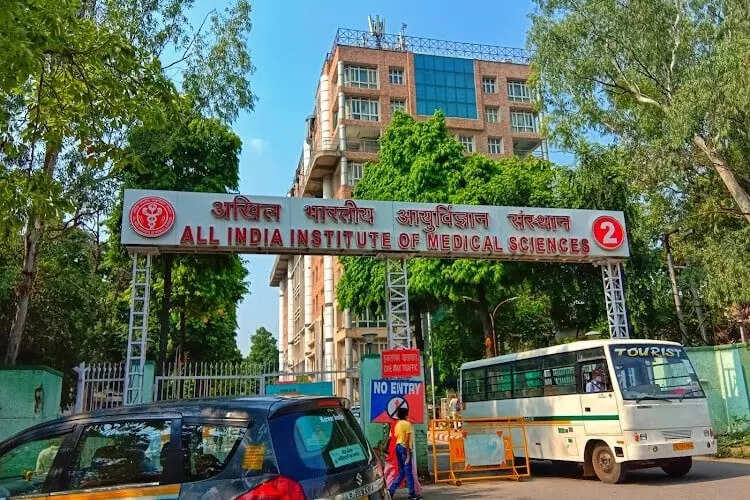
There will be special anti-pollution measures around AIIMS to check deterioration in air quality, including implementation of GRAP, procurement of 200 electric vehicles for transportation of staff and patients, development of two multi-level parking to accommodate 880 vehicles and providing shuttle services.
TOI had reported in July that a survey of areas around AIIMS by a National Green Tribunal-appointed expert joint committee found traffic congestion, irregular parking, encroachment, poor condition of service roads and vehicle-pedestrian conflicts to be the major causes of air pollution at the spot. NGT later directed AIIMS to implement the recommendations of the joint committee and prepare an environment management plan to check sources of pollution around the medical facility.
AIIMS’s latest report, submitted to NGT on Thursday, said an environment management plan for areas outside and inside the hospital had been prepared on the recommendations of the joint committee. Sources of pollution considered for redressal included vehicles, road dust, construction & demolition waste and other problems like encroachment, lack of green belt, etc.
To reduce vehicular pollution, the environment management plan focuses on regulating vehicles entering the campus. “Traffic movement is being managed at entry and exit gates. AIIMS will deploy a quick response team to ensure removal or towing away of unauthorised vehicles in the campus. RFID-enabled tags for in-house vehicles will be installed,” said the report.
AIIMS plans to procure 200 electric vehicles for transportation of staff and patients. As a long-term measure, the hospital-cum-medical college will explore a ban on all petrol and diesel vehicles within the campus, except for emergency and patient transportation. Two multilevel car parking lots near gates No 3 and 6 will be developed to manage 880 vehicles, the report said, adding that AIIMS was in the process of extending its shuttle services to various alighting points of public transport such as bus stops and metro stations.
To measure the air pollution levels in and around the campus, the Delhi Pollution Control Committee has deployed a mobile air monitoring van. “When air quality index exceeds the prescribed level, actions listed under the Graded Response Action Plan will be implemented as per the directions of the CAQM,” the report said.

